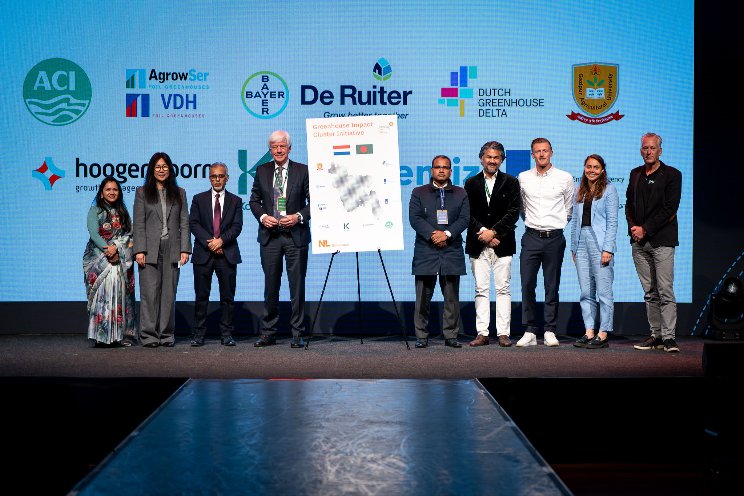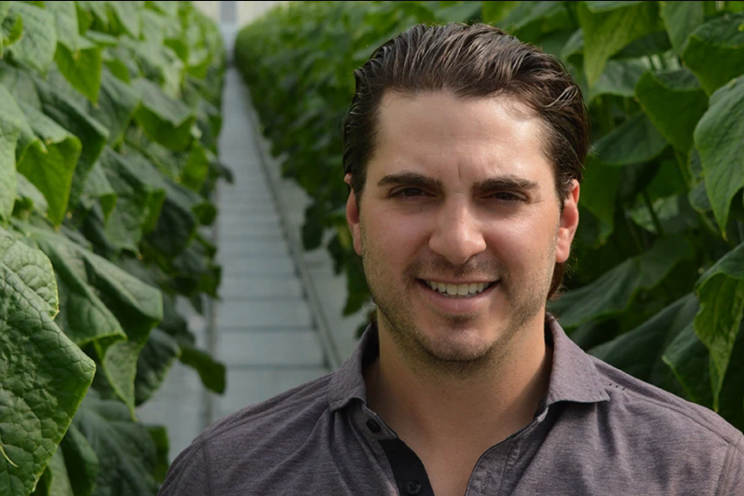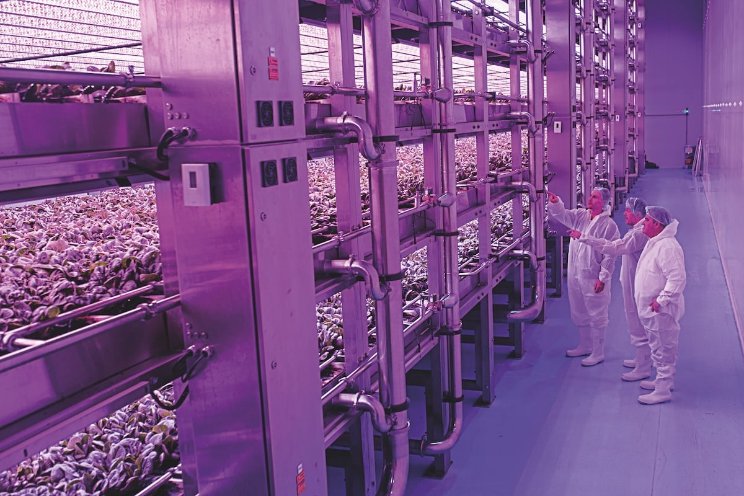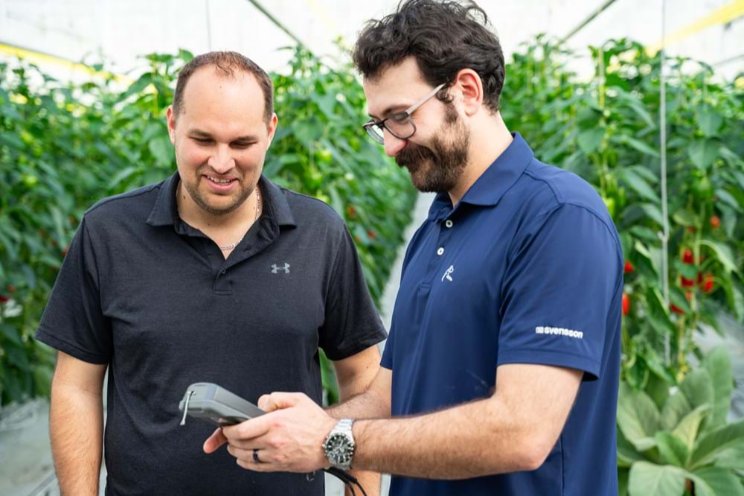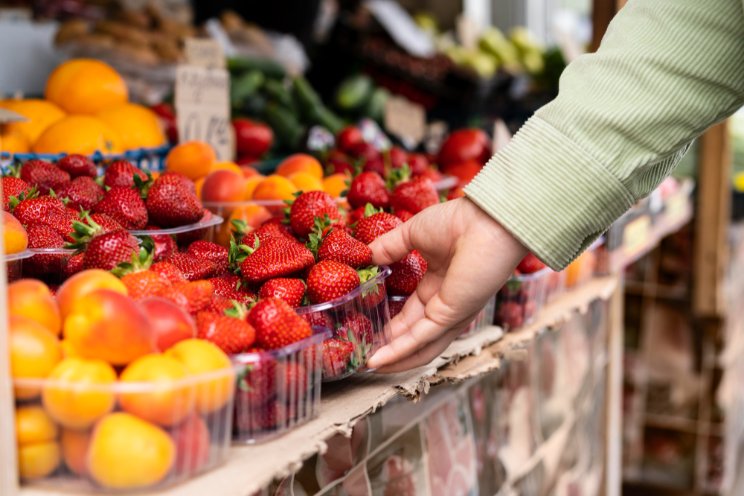Farmers can't avoid a fake meat future
Added on 19 August 2020
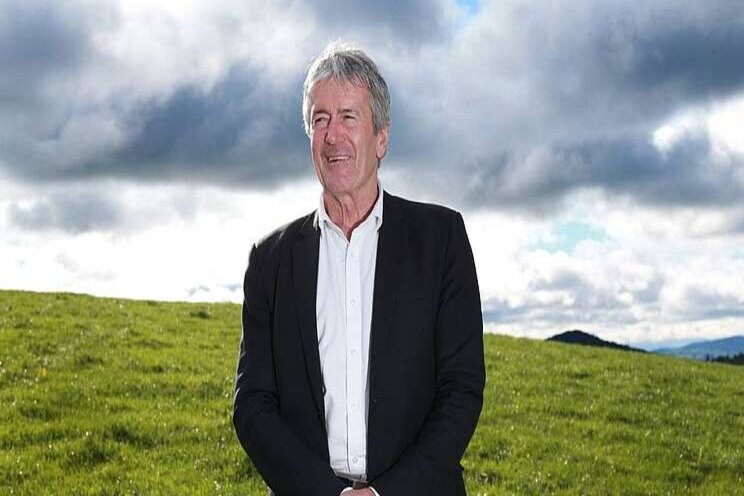
Photo: GEORGE HEARD/STUFF New Zealand beef and lamb famers are not impressed by Air NZ's Impossible burger. Martin van Beynen try's out a Burger Fuel burger.
Around the world, technological breakthroughs and increasing consumer concern about the environmental impact and ethics of meat production are seeing an explosion in demand for alternative meat and other plant-based substitutes for animal-sourced protein.
While global consumption per capita of animal meat is stalling, the market for alternatives is projected to grow at 10 per cent a year.
At that rate and with improving quality and lower production costs, alternative meat will soon start to shrink the market for New Zealand's meat exports. A Beef and Lamb NZ report recognised this two years ago, when it said alternative meat burgers would soon start to push New Zealand beef out of the US market.
We see the change coming in New Zealand, too. More than a third of New Zealanders say they are vegan, vegetarian, or actively reducing their animal meat consumption. In 2019, we ate 12 per cent less meat per person than we did 15 years ago.
As alternative meat and proteins are produced in larger quantities, with constantly improving quality and falling cost, the economic, social, and legal space for animal meat production will shrink.
Customers will no longer be so willing to accept the environmental cost of meat production, or turn a blind eye to animal rights issues.
The Covid crisis will only heighten the concern for the treatment of animals. There is a long history of diseases jumping from animals to humans, and keeping animals in tightly-packed, inhumane conditions only creates more opportunities for viruses to evolve and spread.
Alternative meats and proteins are safe and disease-free. Their production uses a fraction of the water and land, and emits a miniscule amount of greenhouse gases compared to livestock. And their production does not result in the pain and mistreatment of living creatures. Ultimately, they are going to be cheaper and tastier than animal meat, too.
Animal welfare is already on the agenda internationally. Agriculture Minister Damien O'Connor told Safe's recent pre-election panel that in his meetings with EU trade officials, they made clear that animal welfare was a key requirement of their trade agreements, because it's what European consumers demand. As consumers place more value on animal welfare, we need to act as well.
So, what does meat and dairy-exporting New Zealand do?
Standing against the tide is a good way to get washed away. Pretending it isn't happening won't help. Every political party at the Safe panel acknowledged that this change is coming. None dismissed "fake meat" as a gimmick; they recognised that it's a sea change coming that will make current farming methods unviable.
National, New Zealand First, and Labour all talked about producing premium products for high-paying international customers but with alternative meats evolving to be just as good or better than the real thing we are missing an important opportunity to progress and take the lion's share of the market. And for what, a niche market that may not be the golden goose we were promised? Do we want to feed the few or feed the many?
For starters, lets ban cruel colony cages for layer hens. These are the replacement for the old battery hen cages. Instead of five hens in one tiny cage, we now have up to 60 hens in a larger cage - with about the same amount of floor space per chicken as its predecessor - where's the vision in that?
O'Connor told the panel that he wouldn't personally be investing in colony cages if he was a chicken farmer - he can see the customer backlash is coming. But only the Greens are proposing a ban.
It's time for the other parties to catch up and change the law to get rid of colony cages.
The same goes for farrowing crates where mother pigs are confined for up to six weeks at a time to raise their babies. We need to ban these and other cruel practices now and give farmers financial support to diversify and transition away from animal agriculture.
And we need to look further ahead. We need to look beyond ways we can keep on producing meat and protein from animals, and find ways New Zealand can be part of the alternative meat revolution.
We have fantastic farmland and some of the world's best food scientists. Let's have a government-led strategy to invest in creating the intellectual property, the new technologies, and the production facilities to eventually feed the world on carbon-neutral, animal-free alternative protein.
As demand for animal meat wanes, it will be the ability to produce the crops used as feedstock for alternative protein that will keep farmers in business and rural communities thriving.
The future is coming, and it can be a bright one for New Zealand farming, where we produce high-quality, environmentally -sustainable products that consumers want, without inflicting pain and cruelty on animals.
This election, let's see leadership from political parties to help us get there.
Debra Ashton is chief executive of Safe (Save Animals from Exploitation).
Photo: Damien OConnor O'Connor said he wouldn't personally be investing in colony cages if he was a chicken farmer. Credit: KELLY HODEL/STUFF
Source: Stuff
Source: Stuff
More news
